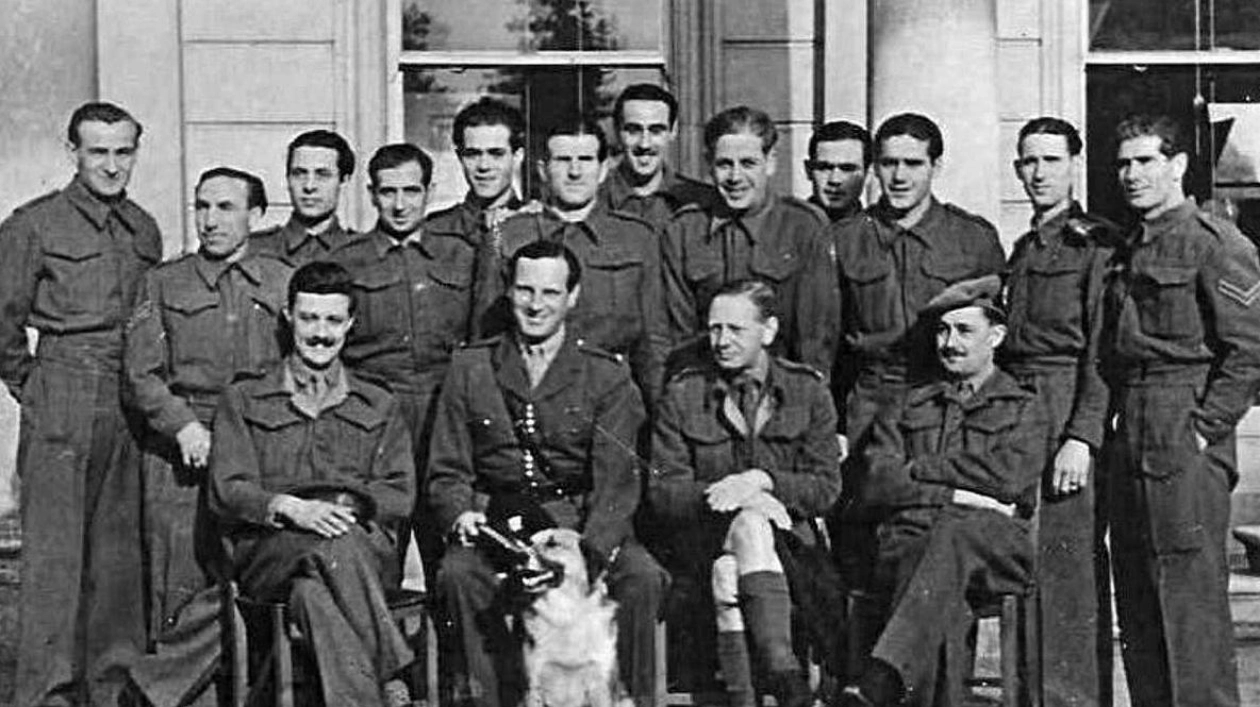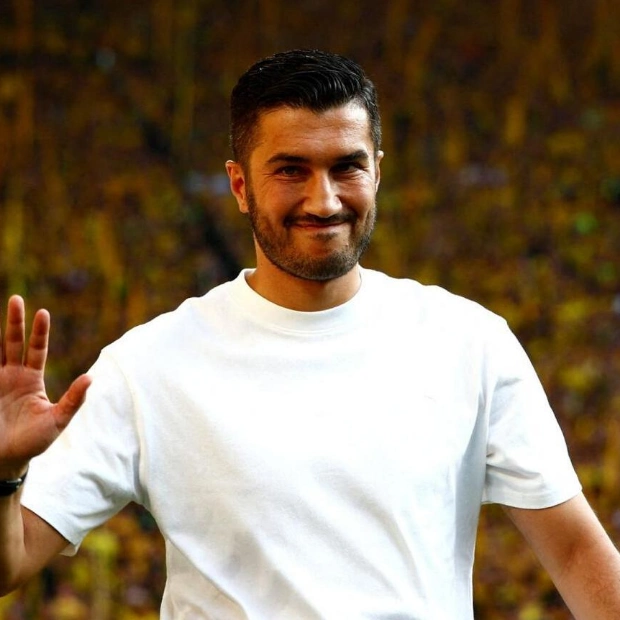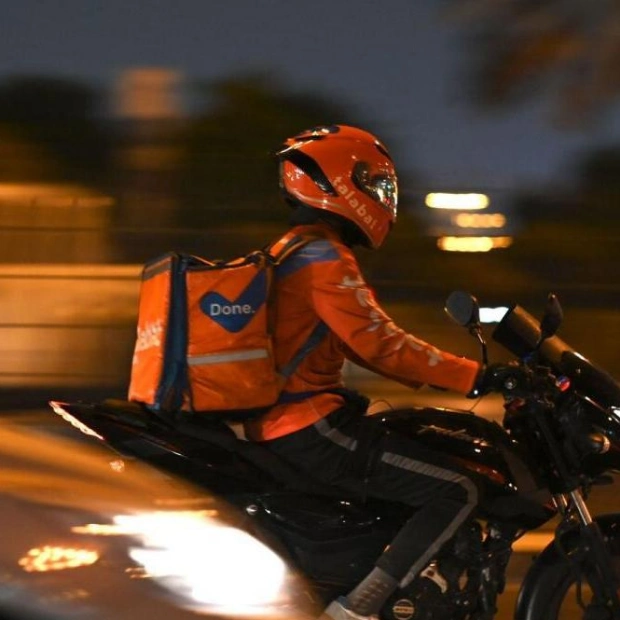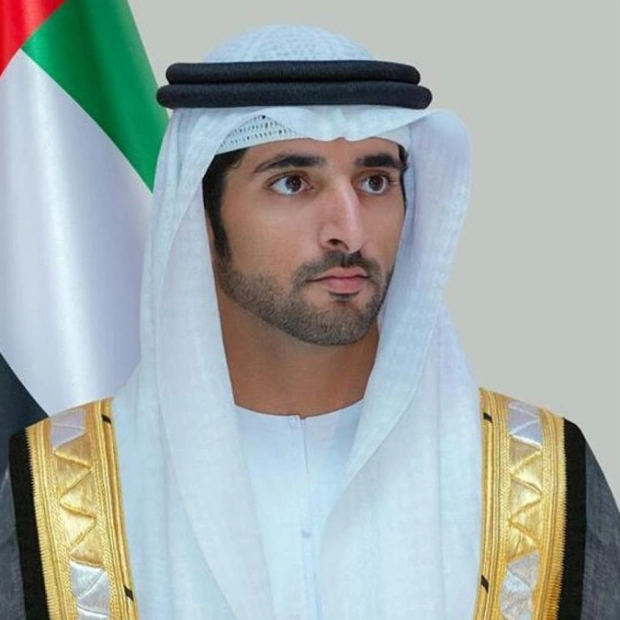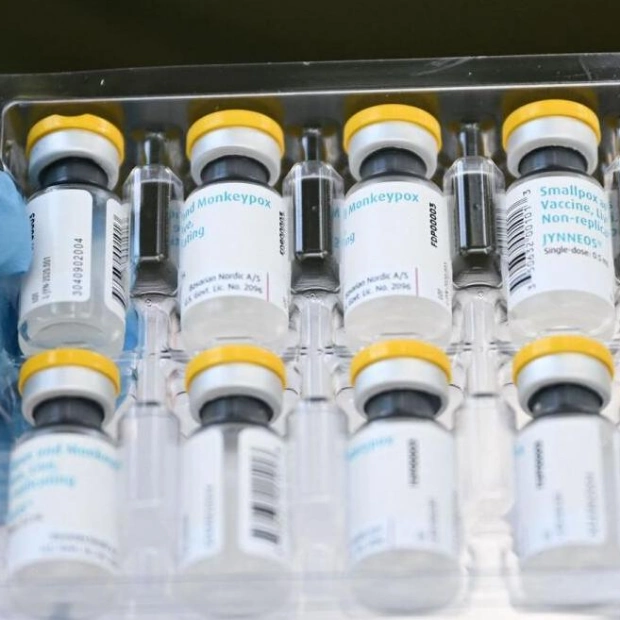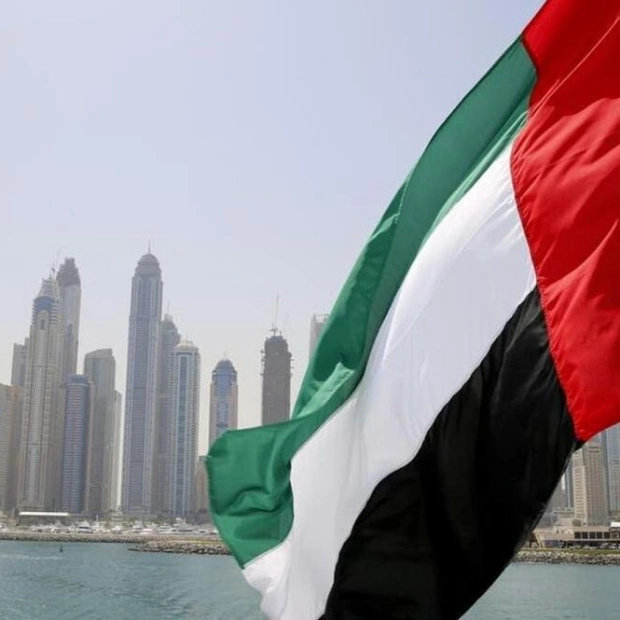Ángel Camarena participated in one of the most perilous SAS operations of World War II, where 30 troopers perished after being ambushed by the Nazis. He emerged from the battle to fight again for the elite force as the British army crossed the Rhine in their iconic jeeps during the war's final days. Camarena also played a role in an SAS mission to compel the German army's surrender in Norway as Hitler's regime crumbled. His remarkable life included evading execution by Spanish dictator General Francisco Franco, joining the Allies in North Africa, and enlisting in the SAS.
These and other extraordinary tales are recounted in 'Churchill's Spaniards,' a book detailing the experiences of 1,200 Spaniards who joined the British army during World War II to aid Winston Churchill in defeating fascism. Séan Scullion, a lieutenant colonel in the British army stationed in the Netherlands and working for NATO, spent eight years researching the book. Scullion's compelling narrative captures the daring exploits of these men, who joined the SAS, worked as spies for the Special Operations Executive, or fought on various battlefronts from Tobruk to the Ardennes.
The SAS troopers adopted British names like Robert Bruce and Frank Williams, partly to avoid repatriation to Franco's Spain if captured and to evade immediate execution, as Hitler had ordered all commandos to be executed upon capture. The book highlights the heroism of these men, many of whom were veterans of the Spanish Civil War when they enlisted for Britain. After Franco's victory in 1939, some Republicans found themselves in refugee camps in southern France, joining the French Foreign Legion to fight the Germans after the Nazi invasion of France in 1940. Following the fall of France, many sought to join the British, who had a better reputation and treated the Spaniards more fairly.
A second wave of Spanish troops joined the British in 1942 after the liberation of North Africa by Allied forces. Some joined the SAS and participated in long-distance desert raids. The only exclusively Iberian company was the No 1 Spanish Company of the Auxiliary Military Pioneer Corps, whose members were considered 'hotheads' by their British officers but were undeniably brave. In 1945, after Germany's defeat, Spaniards who had risked their lives were disappointed that the Allies did not attempt to overthrow Franco. Nevertheless, some settled in Britain and formed associations to continue the resistance against Franco.
Individual acts of heroism make the book a compelling read. Before the Spanish Civil War, Camarena was a driver for Franco and even pushed the dictator's daughter on her swing. When the war broke out, he was arrested as a Republican and sentenced to death. Just before execution, he jumped from a prison ship and was rescued by a passing British vessel, which returned him to Spain on the condition he would not be killed. After five years in prison, he escaped to the Allied side in North Africa and eventually joined the SAS.
Camarena was involved in Operation Archway, where the SAS drove from the UK to the Rhine River in Germany to harass the German retreat. During this mission, Camarena encountered a Spanish nurse working with the Germans in a hospital, leading to a confrontation. Another notable character was Rafael Ramos Masens, who participated in a battle reminiscent of the recent BBC series 'SAS: Rogue Heroes.' In the war's final days, SAS commandos parachuted behind enemy lines to attack a formidable German mountain unit. Ramos killed six Germans and rescued his wounded captain, earning the Military Medal for exceptional bravery.
Some Spaniards trained for secret operations under the guidance of Ian Fleming, creator of James Bond, and Kim Philby, who later became known as a Russian spy. They participated in Operation Goldeneye, a plan in case the Germans invaded Spain to capture Gibraltar. Some ended up in Gibraltar to monitor Spanish radio transmissions, while others collaborated with the Office of Strategic Services (the precursor to the CIA). One such Spaniard was Esteban Molina, father of British actor and Hollywood star Alfred Molina.
Another remarkable figure was Alfonso Canovas, an SOE officer awarded a Military Medal for aiding the liberation of a French town. His grandson, Jason Canovas, was the sound director on 'Lord of the Rings' and 'The Hobbit' and was nominated for an Oscar. Scullion, who spent part of his childhood in Spain, was inspired to write the book by the Spanish contribution to defeating Hitler. He hopes the book will highlight the remarkable achievements of these men and their role with the British army.
Families of the Spaniards who fought against fascism hope Britain or Spain will honor these men with a monument. 'Churchill's Spaniards' by Séan Scullion is now available and published by Helion & Company.
